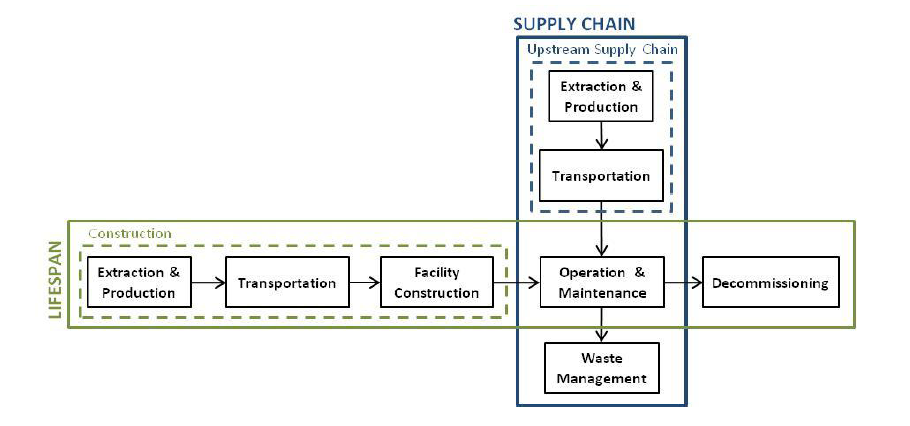
Combatting Climate Change with Nuclear Power
As May came to a close, the AtomExpo began in Moscow, the opening address focused largely on meeting climate goals laid out at COP21 in Paris in December. And the key message was clear: Nuclear power is needed in order for the world to combat climate change.
How is this so?
Environment and Climate Change Canada has projected that by 2030, Canada’s GHG emissions will be two-thirds higher than previously thought.
Canada’s new government is committed to the climate fight. Minister Catherine McKenna agreed with other nations to try to limit the temperature increase to 1.5 degrees Celsius, slightly below the prior 2 degree target.
With the global population rising, it is clear that in order for the world to meet its climate targets; where we get our energy from will be of the utmost importance. A lower GHG economy in all likelihood will have an integrated energy mix, blending low-carbon sources to supply the needs of consumers while protecting the environment.
A government report in 2012 shows that over 22 years the rates of carbon dioxide that have entered the atmosphere have risen by 47 per cent. China and the United States were the largest contributors to GHG emissions, while Canada accounted for 1.6%.
The rise in climate inducing gases further highlights the critical importance of moving away from higher emitting energy sources. Just how many climate warming gases are produced in order to get the energy to power our lights, fridges and hot water tanks, is best assessed through lifecycle emissions.
The lifecycle emissions of a given energy source include all of the greenhouse gases produced in both the construction and operation of an energy plant as well as the emissions required to turn a natural resource, such as uranium, coal or gas, into energy in that plant.

According to recent information from the Intergovernmental Panel on Climate Change (IPCC), nuclear is one of the cleanest and lowest GHG producing forms of energy.
This means that nuclear power has huge potential to help address the global climate challenge. Earlier this year, NRCAN outlined some of the major benefits of the Canadian nuclear industry. Canada is home to the largest high-grade uranium deposits in the world. Our CANDU technology meets the highest safety and regulatory standards. At the same time, the nuclear industry continues to provide opportunities for other countries to step away from more GHG intensive energy sources and move towards a cleaner, lower-carbon society.




